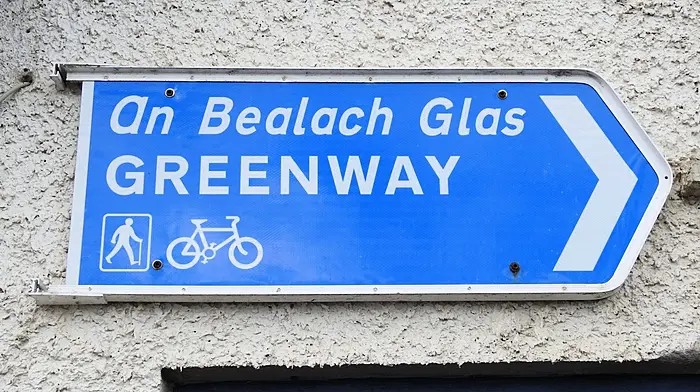Whether the banks would have lowered variable mortgage interest rates anyway is a moot point, given the passage of Fianna Fáil’s private members’ bill through its first stage in the Dáil without a vote, which wants to give added powers to the Central Bank of Ireland to control such rates, if enacted.
WHETHER the banks would have lowered variable mortgage interest rates anyway is a moot point, given the passage of Fianna Fáil’s private members’ bill through its first stage in the Dáil without a vote, which wants to give added powers to the Central Bank of Ireland to control such rates, if enacted. The probable threat of the Central Bank doing so – whether or not it would ever actually utilise such new powers – is probably enough in itself to focus the minds of the bankers on the necessity to bring the rates they charge, which are close to double the EU average, more into line with the market norms internationally.
Finance Minister Michael Noonan’s ironic applause after the mortgage bill, proposed by his Fianna Fáil counterpart Michael McGrath with a smug line of populist rhetoric, was approved by the Dáil without going to a vote, was an indication that the veteran Fine Gaeler was not best pleased by what he regards as its short-termism. Its was also a tacit acknowledgment that Fianna Fáil had used it to set down a marker for the new government by flexing its political muscles and letting them know that they were not going to have things all their own way during the 32nd Dáil.
McGrath said that their mortgage bill was simply ‘an effort to force variable mortgage rates closer to the European average,’ but Noonan was of the opinion that rates were coming down anyway and that the new legislation would discourage new entrants to the Irish market to provide the competition that would ultimately help lower interest rates further. Davy Stockbrokers had a similar take on it, commenting that it would ‘ill-serve customers over the longer term’ and they even went as far as claiming that parts of the bill might be unconstitutional.
Governor of the Central Bank, Philip Lane, stated at the International Capital Market Association conference in Dublin last week that ‘we don’t think having legislative caps is the best way to ensure competition.’ Incidentally, the Central Bank has never sought the powers mooted in Fianna Fáil’s proposed legislation.
Michael Noonan also referred to the possibility of bank shares falling in value as a result of the introduction of the mortgage bill – an assertion described as ‘disingenuous’ by Fianna Fáil – and that this would reduce the price the government could realise for the Irish taxpayer from the sale of its stakes in the various banks which they were forced to take on as part of the bail-out process. Average Irish variable mortgage rates are about 3.64% at the moment, whereas the European average is around 2%, which some financial experts argue would not be sustainable for Ireland’s recovering banks because of their legacy exposure to loss-making tracker mortgages also.
Financial experts claimed that variable interest rates on mortgages were coming down anyway and that further cuts are due shortly. However, the banks had stalled during the two-month hiatus while negotiations to form a government were going on and, obviously, Fianna Fáil thought the stick would be better than the carrot in order to get more timely action from them on lowering interest rates.
Introducing their legislation was bound to prove a popular move, politically, especially amongst people struggling to meet mortgage repayments, and the government – even though against it – could not be seen to oppose it too vehemently, which is why the first stage went through without a vote, because if there was one, they would have suffered an embarrassing defeat. It maintained Fianna Fáil’s impressive performance since the election and added to their political rehabilitation, but they should still look more closely at the bigger picture in future when trying to boost their stock with the electorate.
After all, they were the party who failed to put manners of the banking sector when they were last in power themselves.








